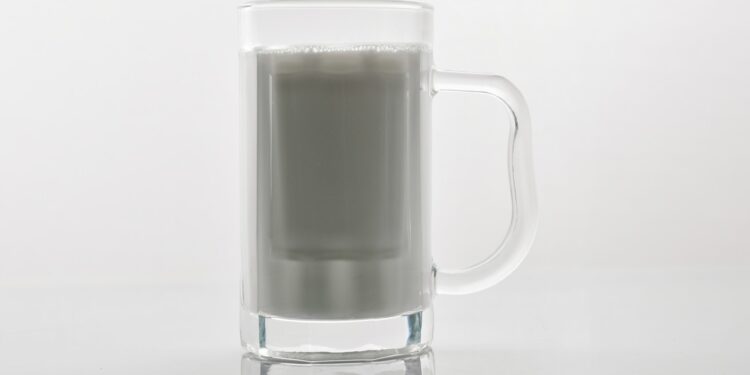Simple Eating Habits That Can Transform Hair
Throughout history, people have sought various remedies to promote healthy hair, ranging from ancient concoctions to modern treatments. One example is found in the “Ebers Papyrus,” an ancient Egyptian text that describes a remedy used by Queen Ses over 3,000 years ago, involving ingredients like dog toes and date refuse. While it’s difficult to assess the effectiveness of such remedies today, it’s clear that nutrition plays a critical role in reducing hair shedding and supporting hair health.
Hair health can be compared to a flourishing garden, where proper nourishment is key for growth. Medications and treatments may provide temporary solutions, but for sustained recovery and growth, the body needs essential nutrients. Rajesh Rajput, a hair transplant surgeon, emphasizes that hair follicle cells require continuous nutrition to thrive. Without this support, hair growth can stagnate.
Key nutrients needed for healthy hair include vitamins, minerals, proteins, and Omega-3 fatty acids. B vitamins, especially biotin (vitamin B7), play a crucial role in the growth and metabolism of hair follicle cells. While biotin deficiencies can lead to hair loss, it is typically unnecessary for healthy individuals to take biotin supplements, as it is naturally produced in the gut and found in foods like eggs and salmon. However, conditions like malabsorption and pregnancy may lead to biotin deficiency, and supplementation may be necessary in such cases.
In addition to biotin, other B vitamins such as folate (B9) and B12 are important for hair health. Folate is primarily found in leafy vegetables, while B12 is sourced from animal-based foods. Vitamin D is also essential, as it regulates keratinocyte growth and may protect hair follicles from damage. A lack of vitamin D has been linked to conditions like alopecia areata. Furthermore, vitamins A and C, along with minerals like zinc, selenium, and iron, support hair follicle health by regulating sebum production, collagen synthesis, and enzyme activity, all of which are crucial for hair growth.
Finally, adequate protein and Omega-3 fatty acids are vital for hair health. Protein provides the building blocks for hair growth, while Omega-3s, found in fatty fish and flaxseeds, reduce inflammation and improve scalp health. Together, these nutrients create a favorable environment for hair follicles, promoting healthy, vibrant hair growth.

































Discussion about this post